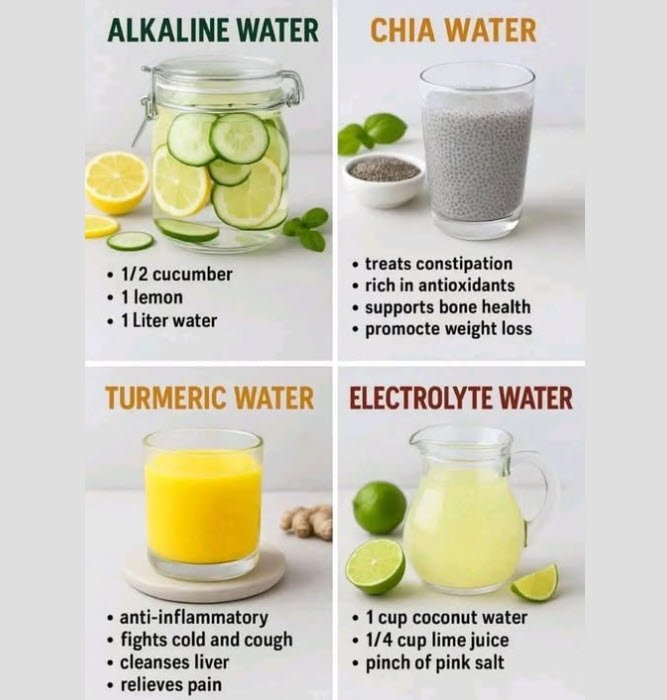Table of Contents
Many people assume that tap water is safe to drink because it’s treated by municipal water systems. However, numerous studies have revealed that tap water can contain harmful contaminants that pose serious risks to your health. From pharmaceutical residues to industrial chemicals, these pollutants can have long-term effects on your well-being. In this article, we’ll explore the dangers lurking in your tap water and why switching to filtered water is a crucial step for better health.
What’s Really in Your Tap Water?
Municipal water treatment plants do their best to remove harmful substances, but many contaminants still slip through the cracks. Here are some of the most concerning pollutants found in tap water:
1. Pharmaceutical Residues
Medications that people take don’t fully break down in the body. Traces of drugs, including antibiotics, antidepressants, and even contraceptive hormones, end up in wastewater. Traditional water treatment methods often fail to remove these compounds, meaning you could be ingesting low doses of pharmaceuticals without even knowing it.
2. Heavy Metals
Lead, arsenic, mercury, and other heavy metals can leach into water supplies from old pipes, industrial runoff, and natural deposits. Long-term exposure to these metals has been linked to neurological disorders, kidney damage, and developmental issues in children.
3. Pesticides and Herbicides
Agricultural chemicals often seep into groundwater and reservoirs. Many of these substances are endocrine disruptors, meaning they can interfere with hormone function and contribute to chronic diseases.
4. Chlorine and Disinfection Byproducts
While chlorine is used to kill bacteria in water, it can react with organic matter to form harmful byproducts like trihalomethanes (THMs), which have been associated with an increased risk of cancer.
5. Microplastics
Tiny plastic particles from synthetic clothing, packaging, and industrial waste are now pervasive in water supplies. These microplastics can absorb toxins and may pose risks to human health when ingested over time.
The Health Risks of Contaminated Tap Water
Drinking water contaminated with these substances can lead to a range of health problems, including:
- Hormonal imbalances due to endocrine-disrupting chemicals
- Increased cancer risk from long-term exposure to carcinogens
- Weakened immune system from antibiotic residues
- Neurological damage from heavy metals like lead and mercury
- Digestive issues caused by bacteria and parasites that survive treatment
Why Filtered Water Is the Safer Choice
Investing in a high-quality water filtration system can significantly reduce your exposure to these harmful contaminants. Here’s why filtered water is a better option:
- Removes pharmaceutical residues and chemicals that standard treatments miss
- Eliminates heavy metals, chlorine, and disinfection byproducts
- Reduces microplastics and other emerging pollutants
- Improves taste and odor by removing impurities
- Protects long-term health by minimizing toxin intake
Choosing the Right Water Filter
Not all water filters are created equal. Look for systems that are certified to remove specific contaminants, such as:
- Activated carbon filters (effective for chlorine, pesticides, and some pharmaceuticals)
- Reverse osmosis systems (removes heavy metals, fluoride, and most dissolved solids)
- UV filters (kills bacteria and viruses)
Conclusion
Tap water may appear clean, but it often contains a cocktail of harmful substances that can affect your health over time. By switching to filtered water, you take a proactive step in protecting yourself and your family from these hidden dangers. Don’t wait—invest in a reliable filtration system today and enjoy cleaner, safer water for years to come.
If you require any assistance with this article, please do not hesitate to Contact Us















